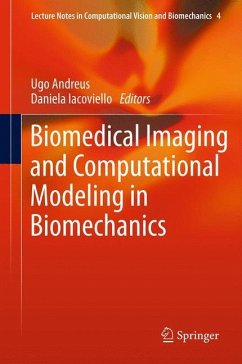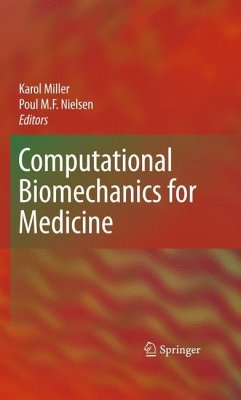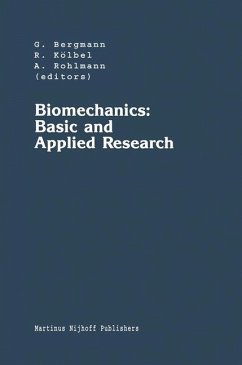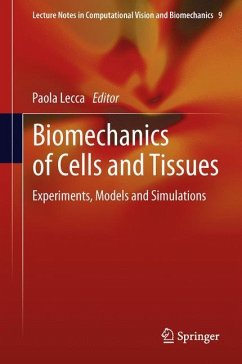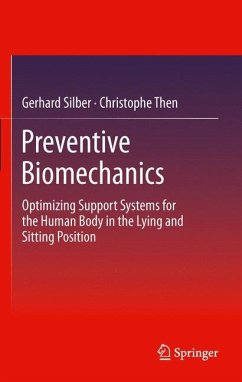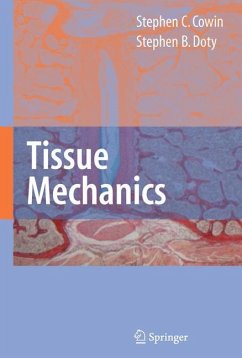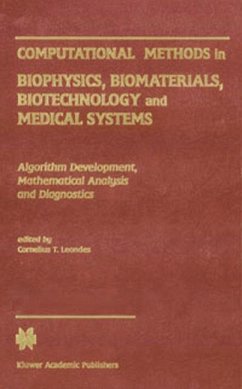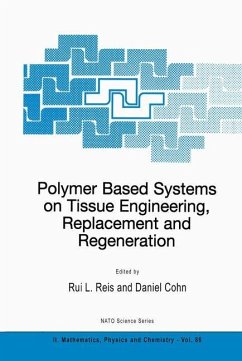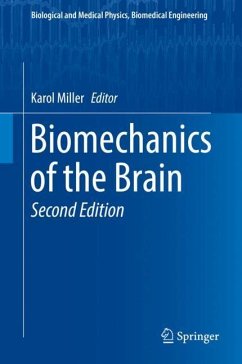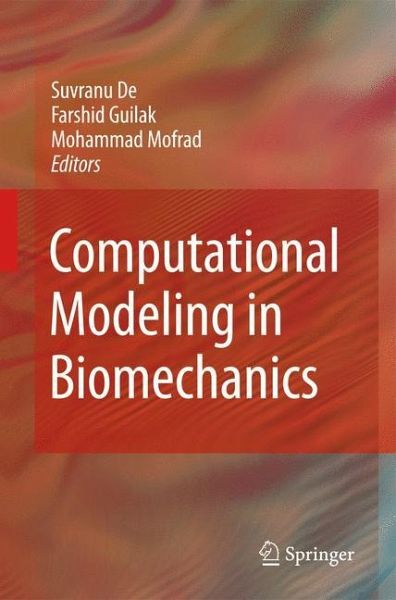
Computational Modeling in Biomechanics

PAYBACK Punkte
58 °P sammeln!
This book provides a glimpse of the diverse and important roles that modern computational technology is playing in various areas of biomechanics. It includes unique chapters on ab initio quantum mechanical, molecular dynamic and scale coupling methods.
Availability of advanced computational technology has fundamentally altered the investigative paradigm in the field of biomechanics. Armed with sophisticated computational tools, researchers are seeking answers to fundamental questions by exploring complex biomechanical phenomena at the molecular, cellular, tissue and organ levels. The computational armamentarium includes such diverse tools as the ab initio quantum mechanical and molecular dynamics methods at the atomistic scales and the finite element, boundary element, meshfree as well as immersed boundary and lattice-Boltzmann methods at the continuum scales. Multiscale methods that link various scales are also being developed. While most applications require forward analysis, e.g., finding deformations and stresses as a result of loading, others involve determination of constitutive parameters based on tissue imaging and inverse analysis. This book provides a glimpse of the diverse and important roles that modern computational technology is playing in various areas of biomechanics including biofluids and mass transfer, cardiovascular mechanics, musculoskeletal mechanics, soft tissue mechanics, and biomolecular mechanics.





